- Home
- Who we are
- What we do
- Agriculture Development
- Nutrition & Food Security
- Water, Sanitation And Hygiene (WASH)
- Gender Justice Womens Rights
- Humanitarian Emergency Response
- Child Protection
- Climate Change And Environmental Conservation
- Economic Development
- Gender Equality
- Climate Change and Resilience
- WASH
- Humanitarian Assistance
- Our Impact
- Where We Work
- Contact Us
- Resources
- Donate Now
 Agricultural Development
Agricultural Development
Somalia’s agricultural sector is the backbone of the economy, contributing to over 70 percent of total GDP, 80 percent of its employment, and about 50 percent of its exports. The country has over 8.9M hectares of arable land.
Somalia’s agricultural sector is the backbone of the economy, contributing to over 70 percent of total GDP, 80 percent of its employment, and about 50 percent of its exports. The country has over 8.9M hectares of arable land
The Agricultural Development Organization (ADO) is a non-profit organization dedicated to promoting sustainable agriculture and enhancing the livelihoods of rural communities around the world. ADO works on various agricultural development programs, aiming to improve food security, increase income generation, and foster environmental sustainability.
Agricultural development is one of the most powerful tools to end extreme poverty, boost shared prosperity, growth in the agriculture sector is two to four times more effective in raising incomes among the poorest compared to other sectors.
Agriculture is also crucial to economic growth: accounting for 4% of global gross domestic product (GDP) and in some least developing countries, it can account for more than 25% of GDP.
Risks associated with poor diets are also the leading cause of death worldwide. Millions of people are either not eating enough or eating the wrong types of food, resulting in a double burden of malnutrition that can lead to illnesses and health crises. Food insecurity can worsen diet quality and increase the risk of various forms of malnutrition, potentially leading to undernutrition as well as people being overweight and obese. An estimated 3 billion people in the world cannot afford a healthy diet.
ADO’s Approach and Strategies
ADO employs a holistic and participatory approach towards agricultural development, involving local communities in the decision-making process. The organization recognizes the unique challenges faced by each community and tailors its strategies accordingly. Some of the key strategies employed by ADO include:

ADO’s Approach and Strategies
ADO employs a holistic and participatory approach towards agricultural development, involving local communities in the decision-making process. The organization recognizes the unique challenges faced by each community and tailors its strategies accordingly. Some of the key strategies employed by ADO include:

- Capacity Building : ADO believes that knowledge and skill development are essential for sustainable agricultural practices. They organize training programs, workshops, and awareness campaigns to equip farmers with up-to-date agricultural techniques, resource management, post-harvest handling, and market opportunities.
- Farmers’ Organizations : ADO focuses on strengthening farmers' organizations and cooperatives. By promoting collective action, ADO helps farmers gain better access to resources, credit facilities, market linkages, and technology. Farmers' organizations also play a crucial role in advocating for farmers' rights and improving their socio-economic status.
- Natural Resource Management : ADO recognizes the importance of sustainable land and water management for agricultural development. The organization assists farmers in implementing conservation measures, such as soil and water conservation, climate-smart agriculture, agroforestry, and watershed management. By preserving natural resources, ADO aims to enhance productivity while ensuring ecological balance.
- Market Access and Value Chain Development : ADO works towards improving market access for small-scale farmers. They facilitate linkages between farmers and potential buyers, traders, and processors. Additionally, ADO supports value-added activities such as processing, packaging, and branding, enabling farmers to add value to their agricultural products and achieve higher returns.
- Gender Equality and Social Inclusion : ADO recognizes the importance of gender mainstreaming and social inclusion in agricultural development. They actively promote women's participation in decision making and provide them with equal access to resources and opportunities. ADO also focuses on empowering marginalized and vulnerable communities, ensuring that no one is left behind.
- Technology Adoption : ADO encourages the adoption of appropriate technologies that improve productivity and efficiency. This includes the promotion of climate-resilient crop varieties, efficient irrigation techniques, precision farming, digital agriculture, and mechanization. By integrating innovative technologies, ADO helps farmers adapt to changing climatic conditions and overcome productivity constraints.

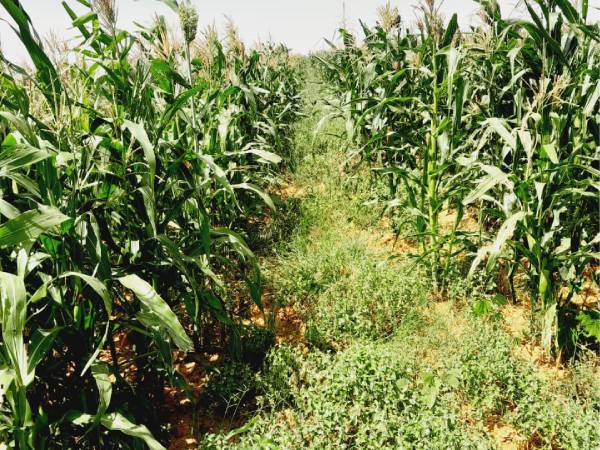

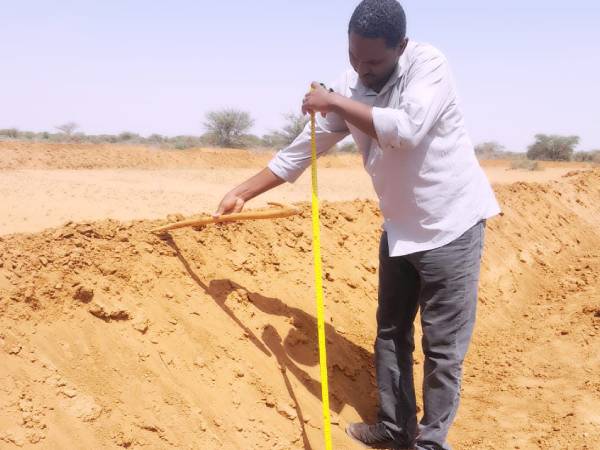



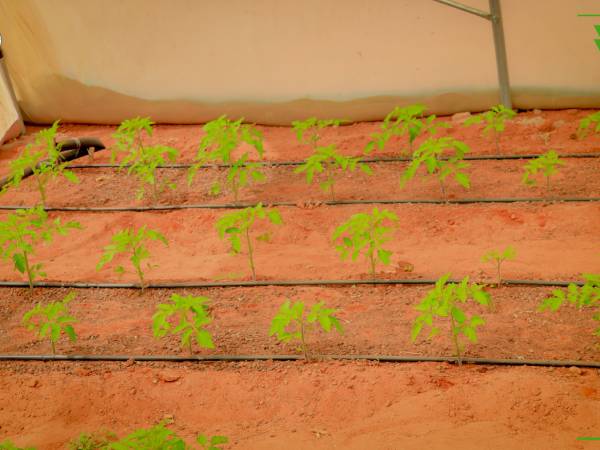
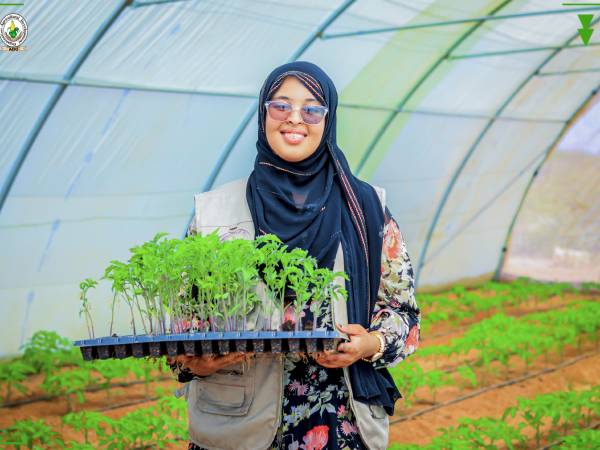
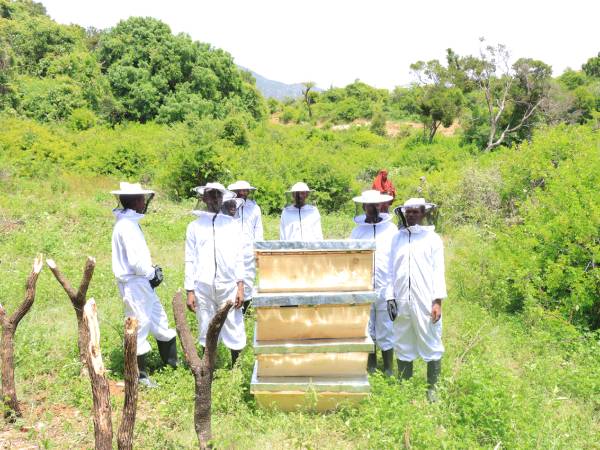



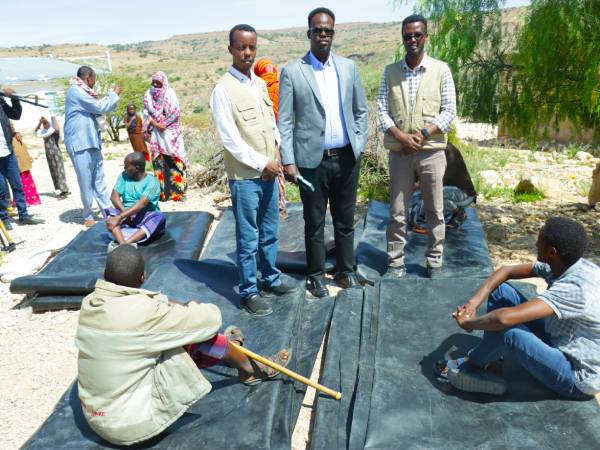
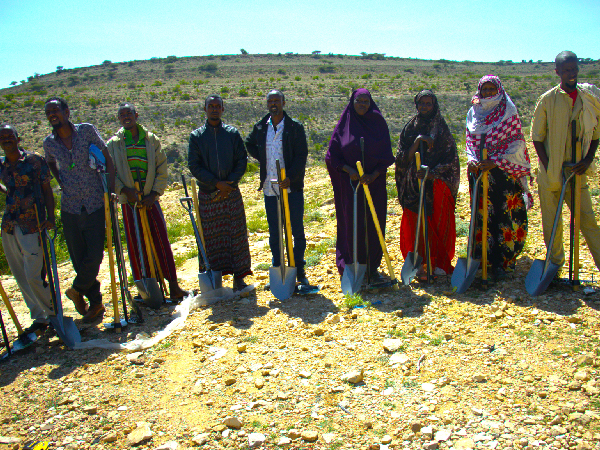
Impact and Achievements
ADO’s agricultural development programs have yielded significant outcomes. Through their interventions, rural communities have witnessed improved crop yields, increased incomes, and enhanced food security. Farmers have gained access to better markets, enabling them to sell their produce at fair prices. The organization’s efforts in natural resource management have contributed to sustainable agriculture, ensuring the conservation of land and water resources. Furthermore, ADO’s focus on gender equality and social inclusion has empowered women and marginalized communities, enabling them to participate in decision-making processes and benefit from agricultural development programs.
ADO’s work in agricultural development programs has made a substantial difference in the lives of rural communities. By incorporating capacity building, market access, technology adoption, and social inclusion, ADO has empowered farmers to overcome challenges and enhance their livelihoods sustainably. Their holistic approach and community-centered strategies are key to achieving lasting impact in agricultural development, paving the way for a more prosperous and equitable future in rural areas.
About Us
The Agricultural Development Organization in Somaliland is a dynamic and dedicated organization working towards the improvement and advancement of agriculture in the region. We are committed to enhancing agricultural practices, promoting food security, and fostering economic growth in Somaliland.
Useful Links
© 2024 All Rights Reserved. Designed & Developed By Mobrilz.
